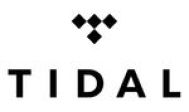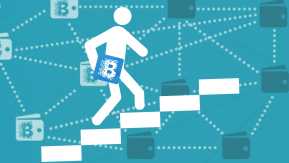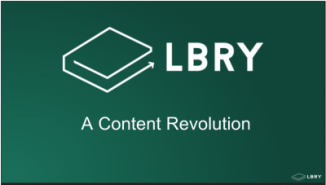 As the Department of Justice winds down its review of the consent decrees governing ASCAP and BMI without recommending any changes—to the cheers of broadcasters—the performance rights organizations are signaling they aren’t ready to give up their battle to have the guidelines updated.
As the Department of Justice winds down its review of the consent decrees governing ASCAP and BMI without recommending any changes—to the cheers of broadcasters—the performance rights organizations are signaling they aren’t ready to give up their battle to have the guidelines updated.
“While the DOJ has expressed their views, this is not the final outcome of this process,” ASCAP chief executive Elizabeth Matthews says. “ASCAP strongly disagrees with the DOJ’s position, and we are carefully considering all of our options, including potential legislative and legal remedies,” she writes in a note to her company’s songwriters.
Source: ASCAP, BMI Pump Up Volume In Consent Decree Fight. | | insideradio.com

 Major content companies 21st Century Fox, Time Warner, Viacom, CBS and Scripps offered their support for the basics of cable operators’ “ditch the box” set-top proposal in meetings with top aides to Republican commissioner Ajit Pai last week but said it needed tweaking to insure content protections.
Major content companies 21st Century Fox, Time Warner, Viacom, CBS and Scripps offered their support for the basics of cable operators’ “ditch the box” set-top proposal in meetings with top aides to Republican commissioner Ajit Pai last week but said it needed tweaking to insure content protections.
 According to a report from Norwegian news outlet Dagens Næringsliv, streaming music platform Tidal may not be paying out the royalties it owes to musicians and record labels in the company’s home country of Norway.
According to a report from Norwegian news outlet Dagens Næringsliv, streaming music platform Tidal may not be paying out the royalties it owes to musicians and record labels in the company’s home country of Norway.




